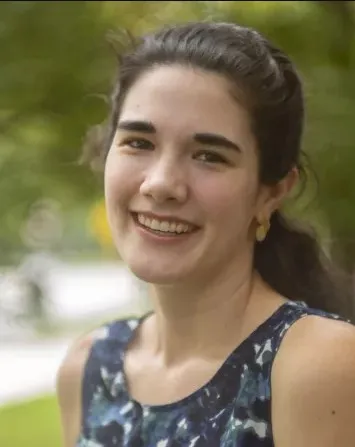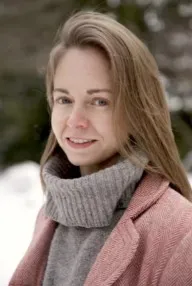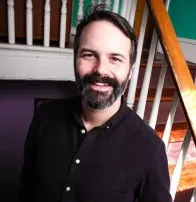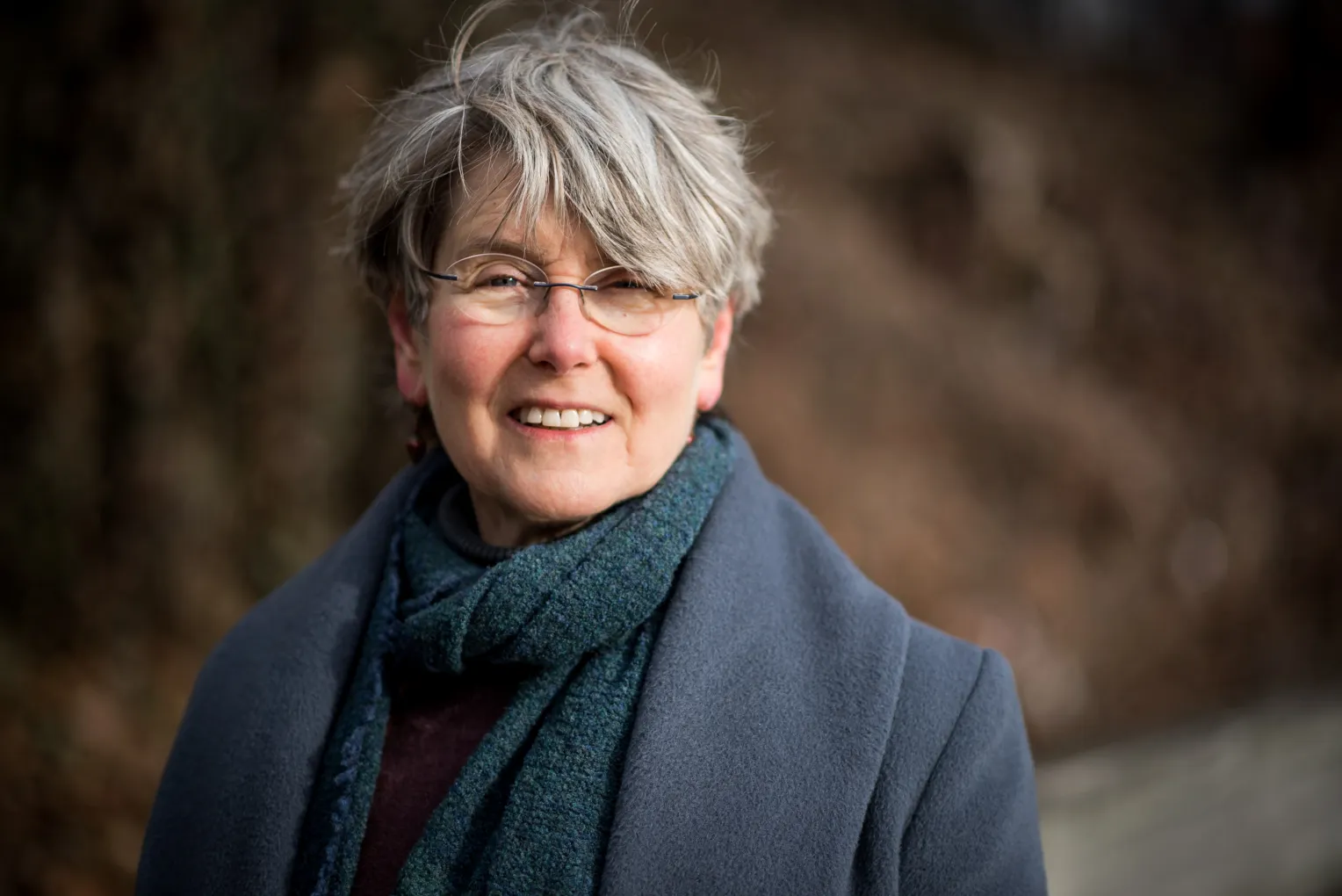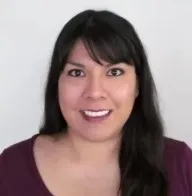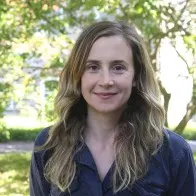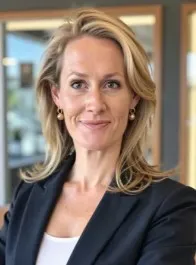Professor Allison Miller (Mathematics & Statistics)
Professor Allison Miller (Mathematics & Statistics)
Professor Oliva Sabee (Dance)
Professor Olivia Sabee
Title: ‘Our Graceful Gallic Allies’: Dancing Liberty in the Age of Revolutions
Thursday, October 23, 2025
4:30 pm
Location: Singer 033
In the 1790s, the French and Haitian Revolutions brought waves of French immigrants to the east coast of the United States, among them several groups of dancers. Focusing on the practices and performances of three prominent dancers — Alexandre Placide, Suzanne Theodore Taillandet Douvillier, and Jean-Baptiste Francisqui — this talk will introduce the concept of pantomime ballet, a widely popular European performance form, and analyze how it was transformed via first, the Caribbean colonial performance circuit, and second, its new U.S. context, where Francisqui created numerous politically-themed works, such as The Americans and the French at the Siege of York-Town; or America Preserved (1795).
In both Charleston and Philadelphia, as had also been the case in France, contemporary discourses around civilization and nature, liberty and despotism, shaped the reception of these works. Yet the dancers’ distinctive embodied histories, notably their expertise in acrobatics and the impersonation of Afro-diasporic peoples, created a divergent reading of these dances in which the minuet, a symbol of the aristocracy, came to represent freedom rather than carefully cultivated constraint.
Professor Alex Torra (Theater)
Professor Alex Torra (Theater)
Title: Theater as Civic Practice: How to Fortify Ourselves for an Uncertain Future
Thursday, November 20, 2025
4:30 pm
Scheuer Room, Kohlberg Hall
Abstract: Over the last year, my creative research has taken shape through six theater projects, each one a live experiment in how we might keep showing up — to each other, to our communities, and to the big challenges of our modern times. Working alongside collaborators and audiences, I’ve been asking a simple but demanding question: how can theater teach us to meet uncertainty with clarity, courage, and care? At the center of this practice is a desire to create theater that can do more than entertain; it can invite us to reflect, reckon, and repair. In the process, perhaps we can build the tools to cultivate a hopeful yet clear-eyed relationship with the complexities of our current moment.
The projects I’ll share emerge from collaborations across many lived experiences and identities, including my own as Latine and queer. They dig into questions of belonging, safety, spiritual connection, resilience, and what it takes to keep faith in community when so much feels fragile. Each project is both performance and experiment, a rehearsal for being human together.
Over our 45 minutes together, we’ll move through these works — part story, part reflection, part interactive experience — tracing the intersections between process and practice, personal inquiry and collective engagement. It’s an invitation to consider how we sustain creative and civic life amid exhaustion, fear, and change, and how theater might help us imagine a way forward.
Professor Nathalie Anderson (English, Emerita)
Professor Nathalie Anderson (English, Emerita & former Director of the Creative Writing Program)
Thursday, December 4, 2025
4:30 pm
Scheuer Room, Kohlberg Hall
Professor Vivian Turong (History)
Professor Vivian Troung (History)
Thursday, February 26, 2026
4:30 pm
Scheuer Room, Kohlberg Hall
Abstract to come.
Professor Adrienne Benally (Environmental Studies)
Professor Adrienne Benally (Environmental Studies)
Thursday, March 26, 2026
4:30 pm
Scheuer Room, Kohlberg Hall
Abstract to come.
Professor Jody Joyner (Art)
4:30 pm
Scheuer Room, Kohlberg Hall
Abstract to come.
Professor Emily Paddon Rhoades (Political Science)
Professor Emily Paddon Rhoades (Political Science)
Thursday, May 7, 2026
4:30 pm
Scheuer Room, Kohlberg Hall
Abstract to come.
